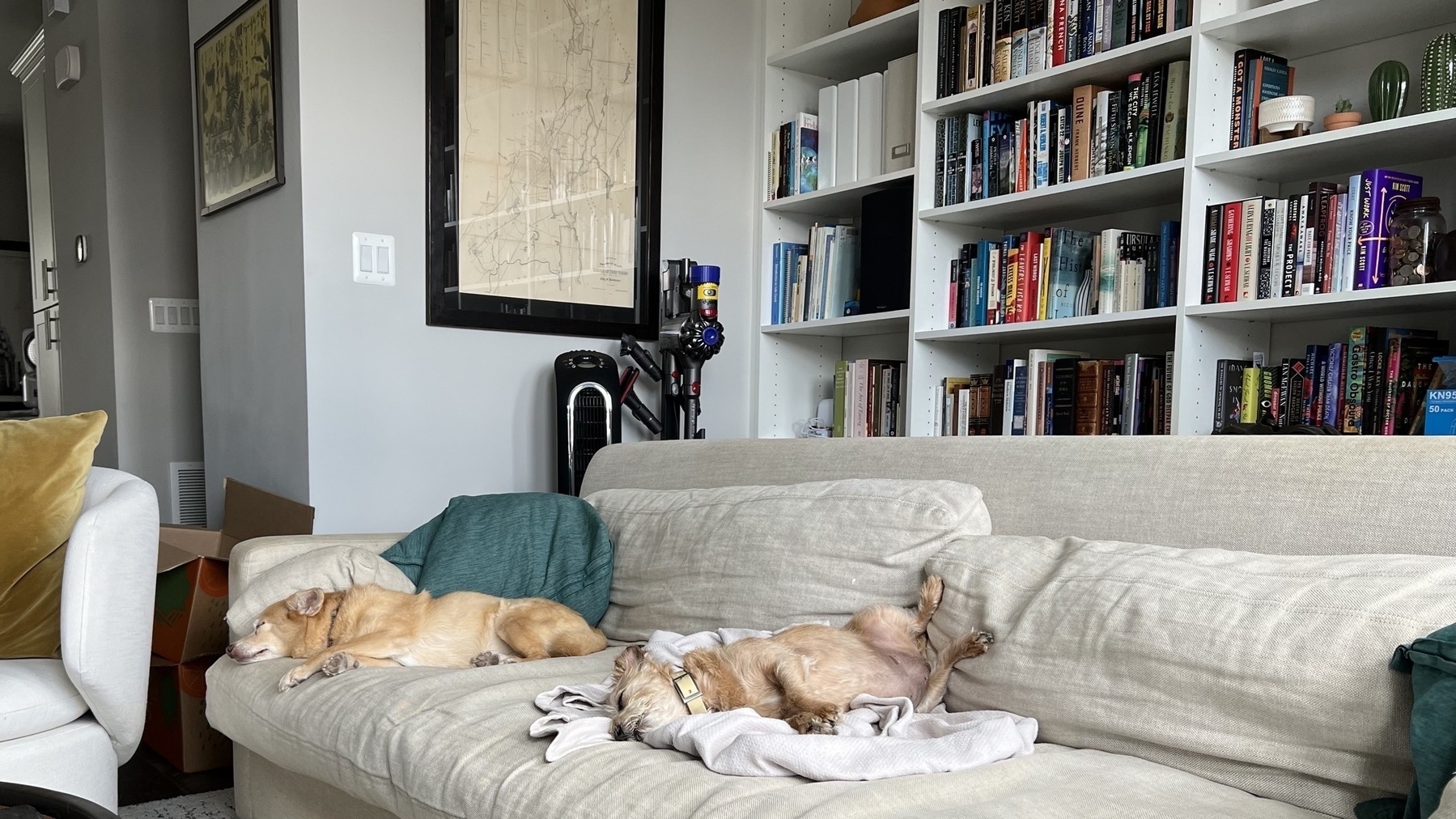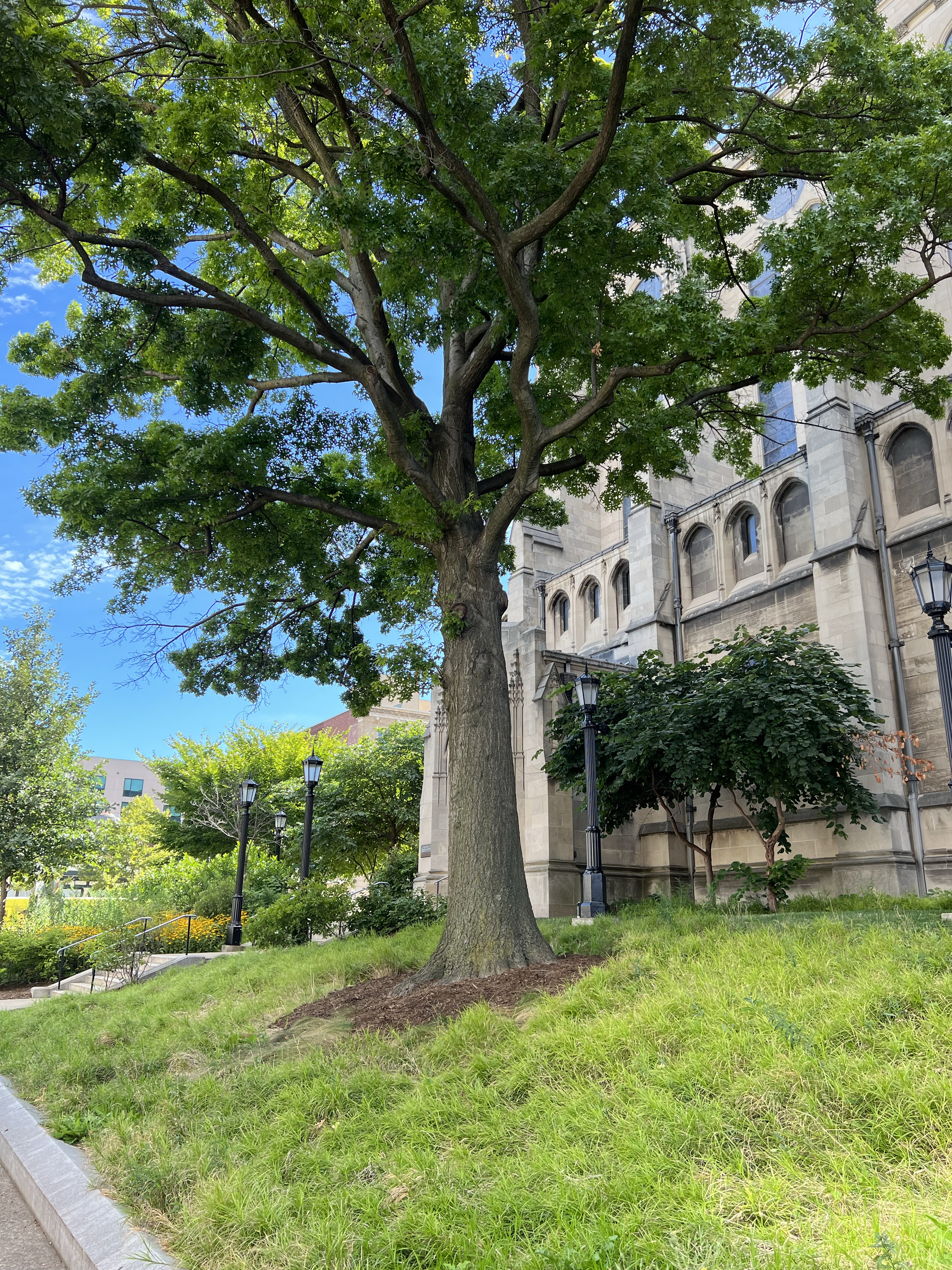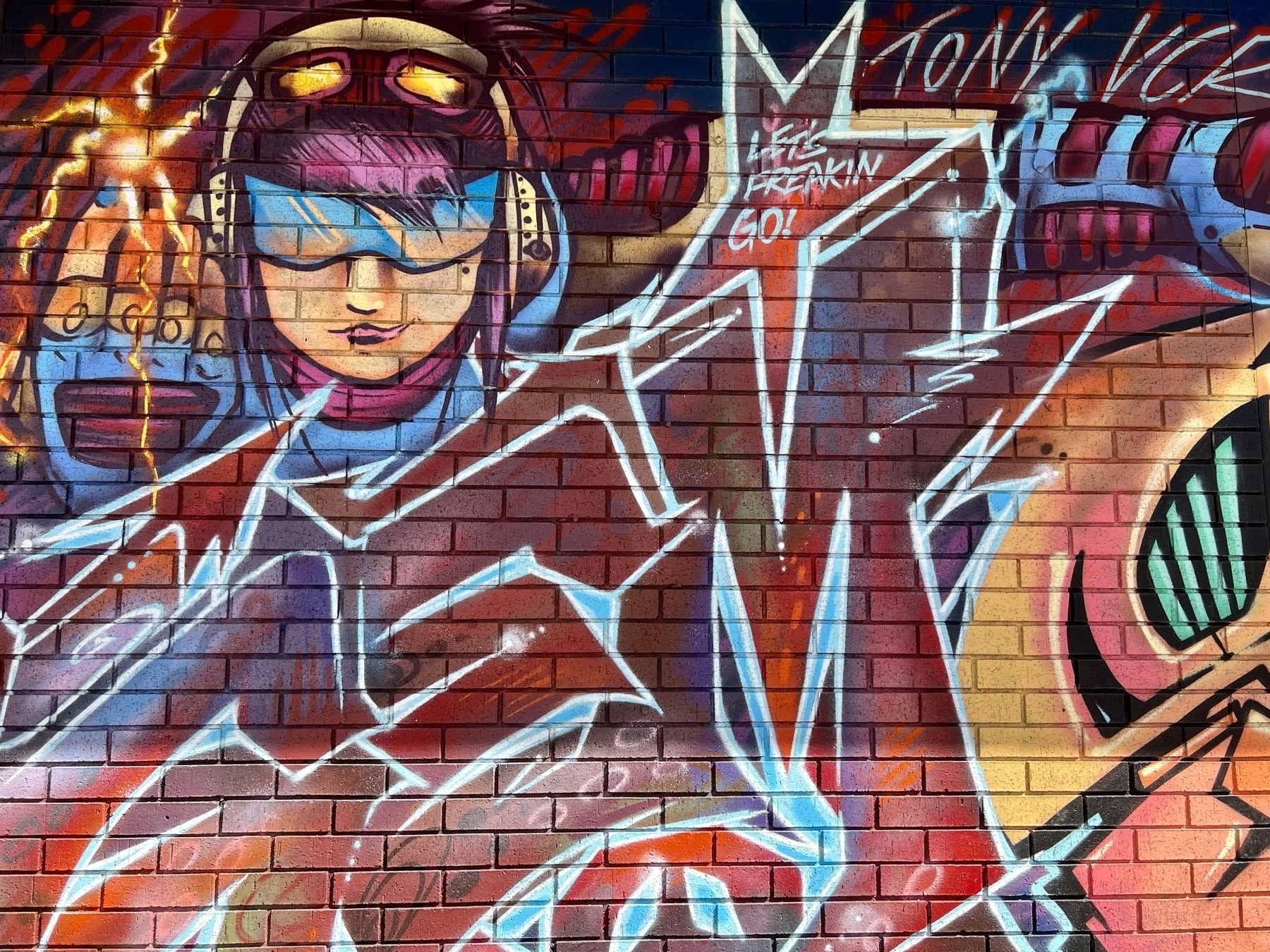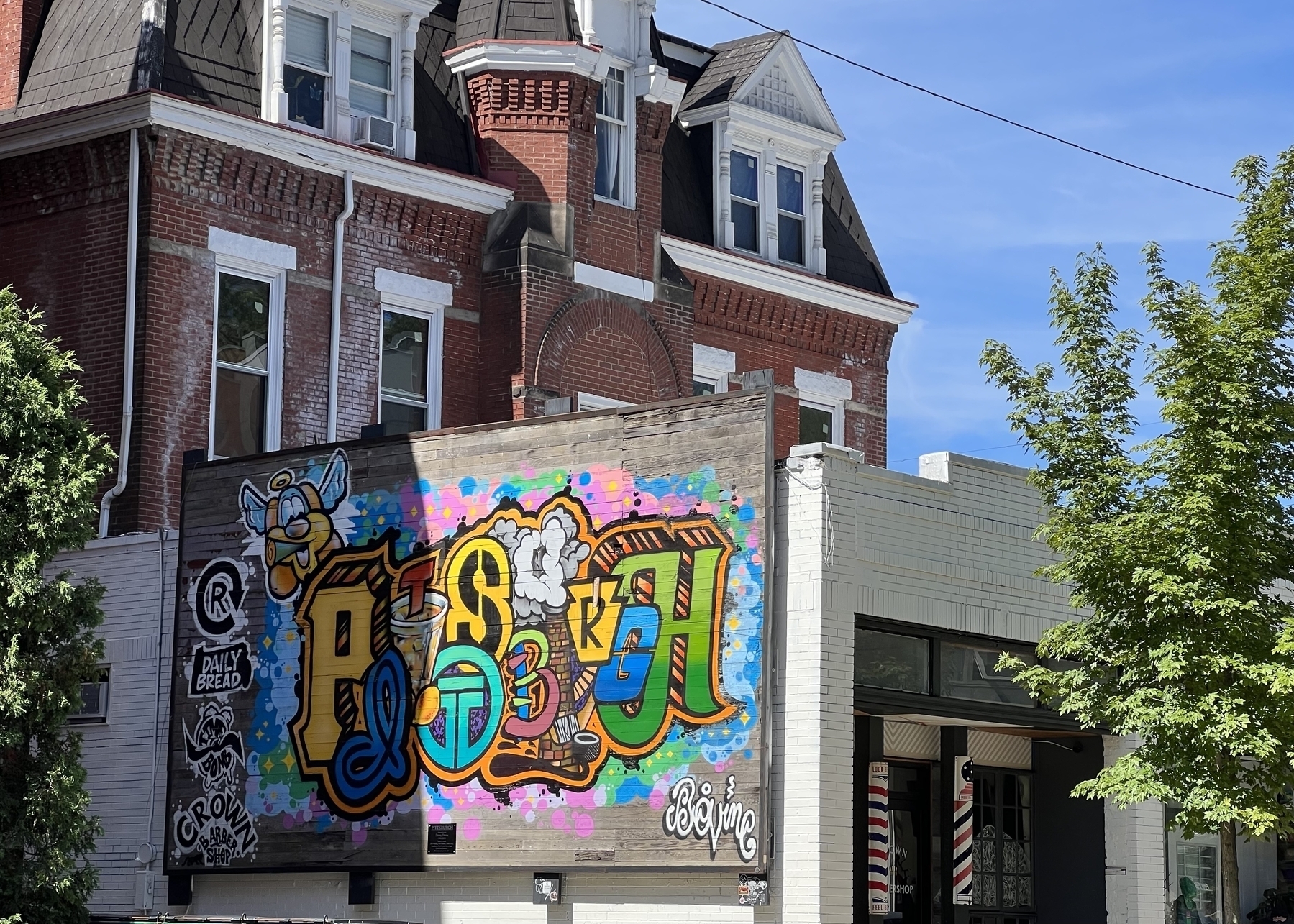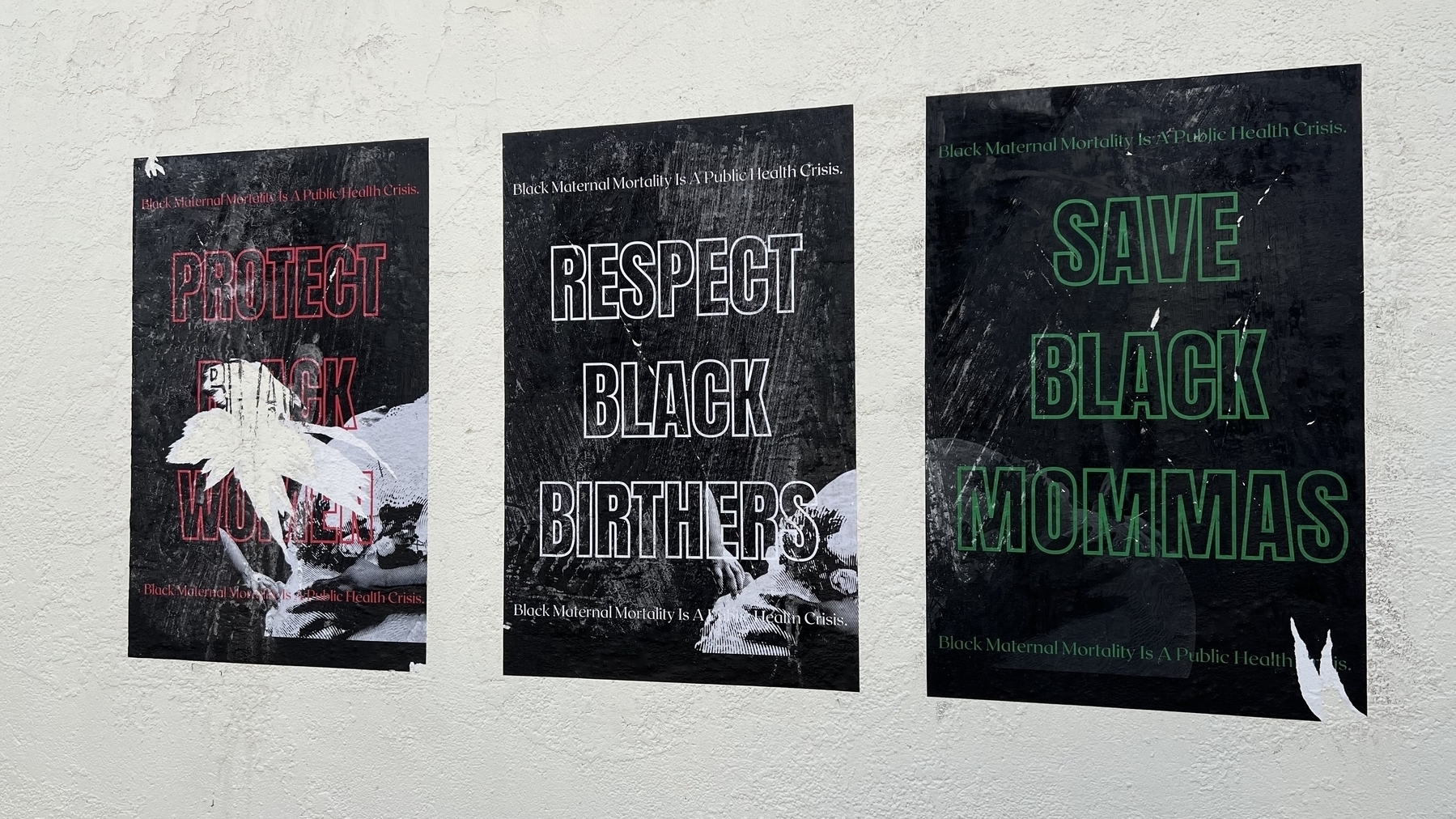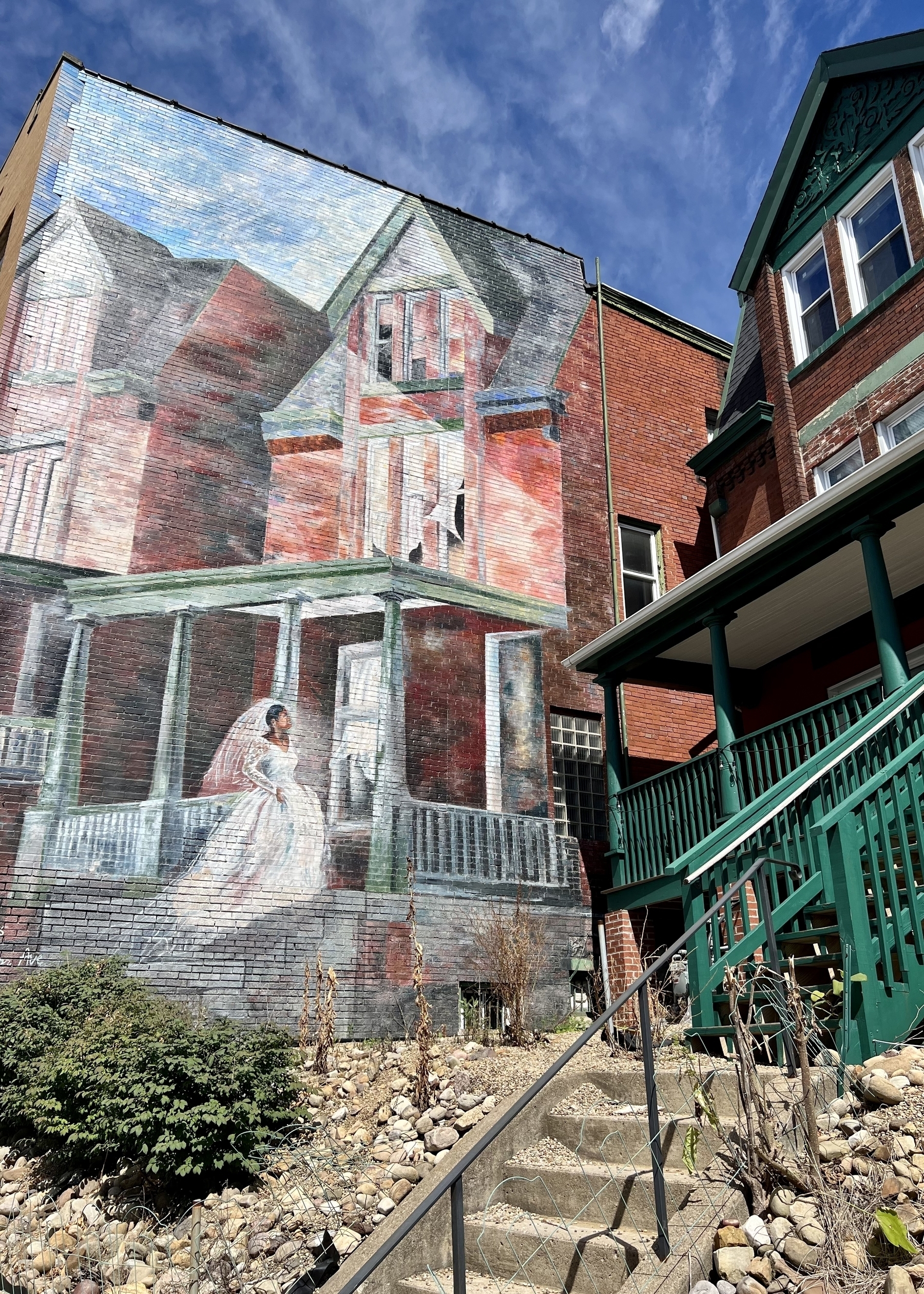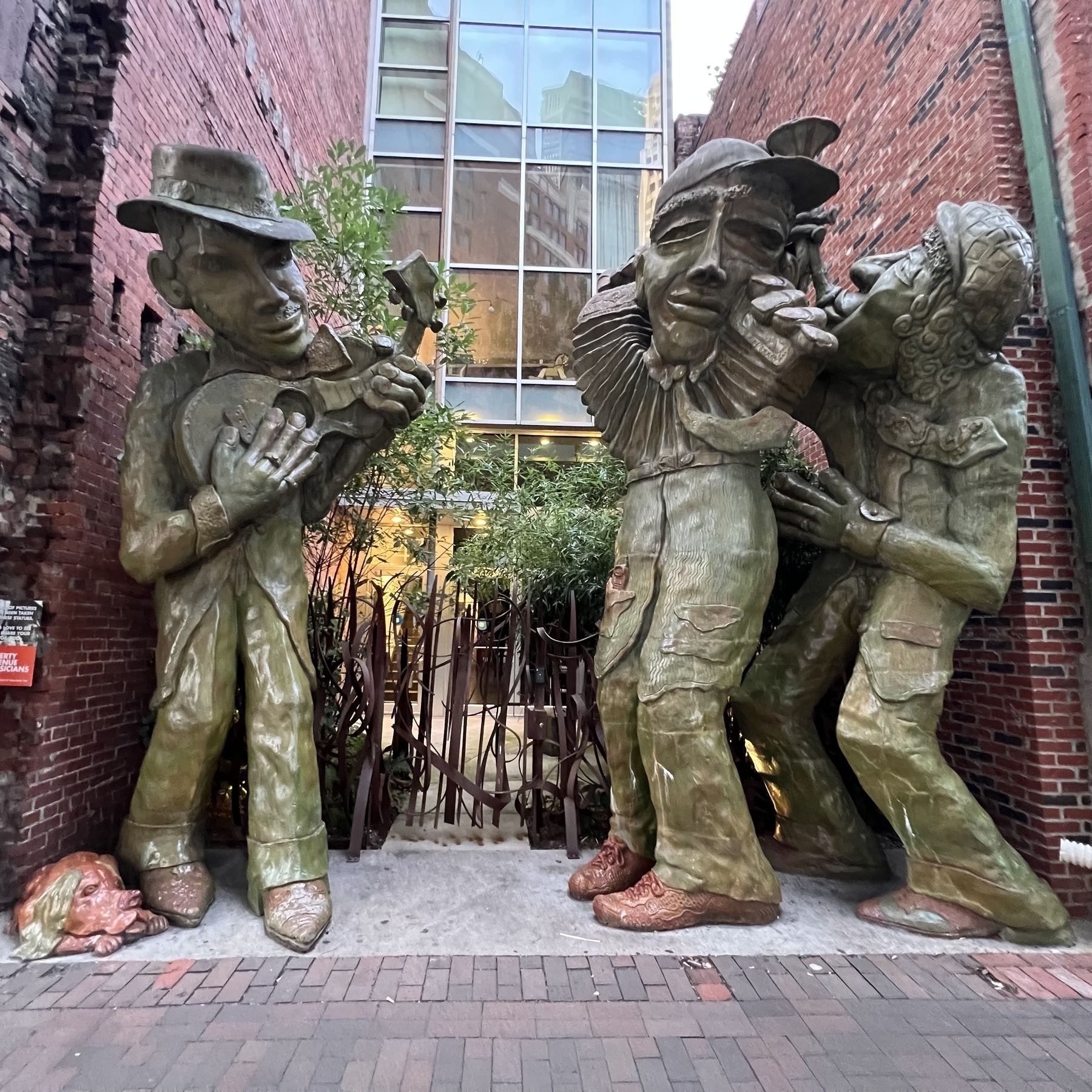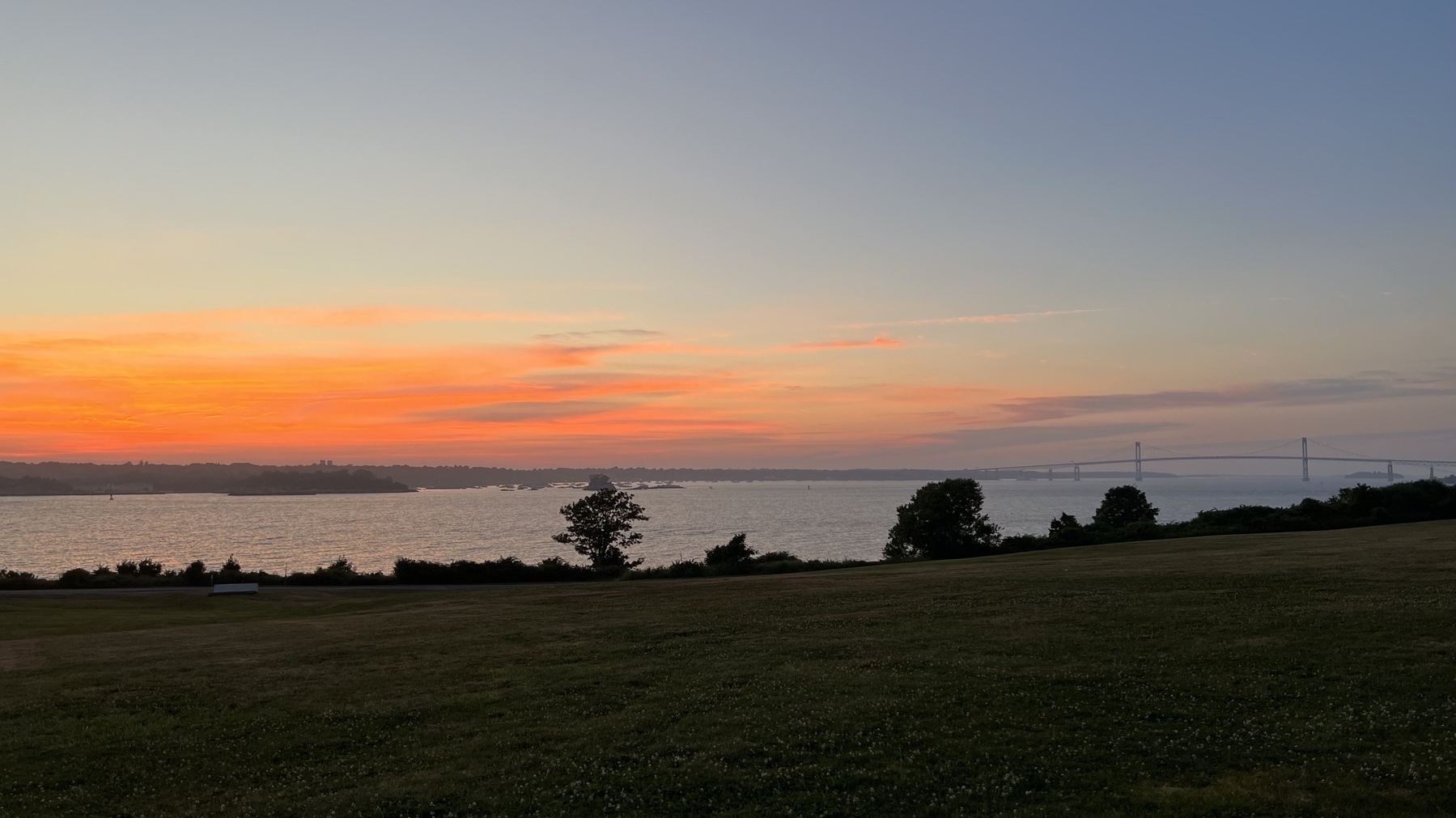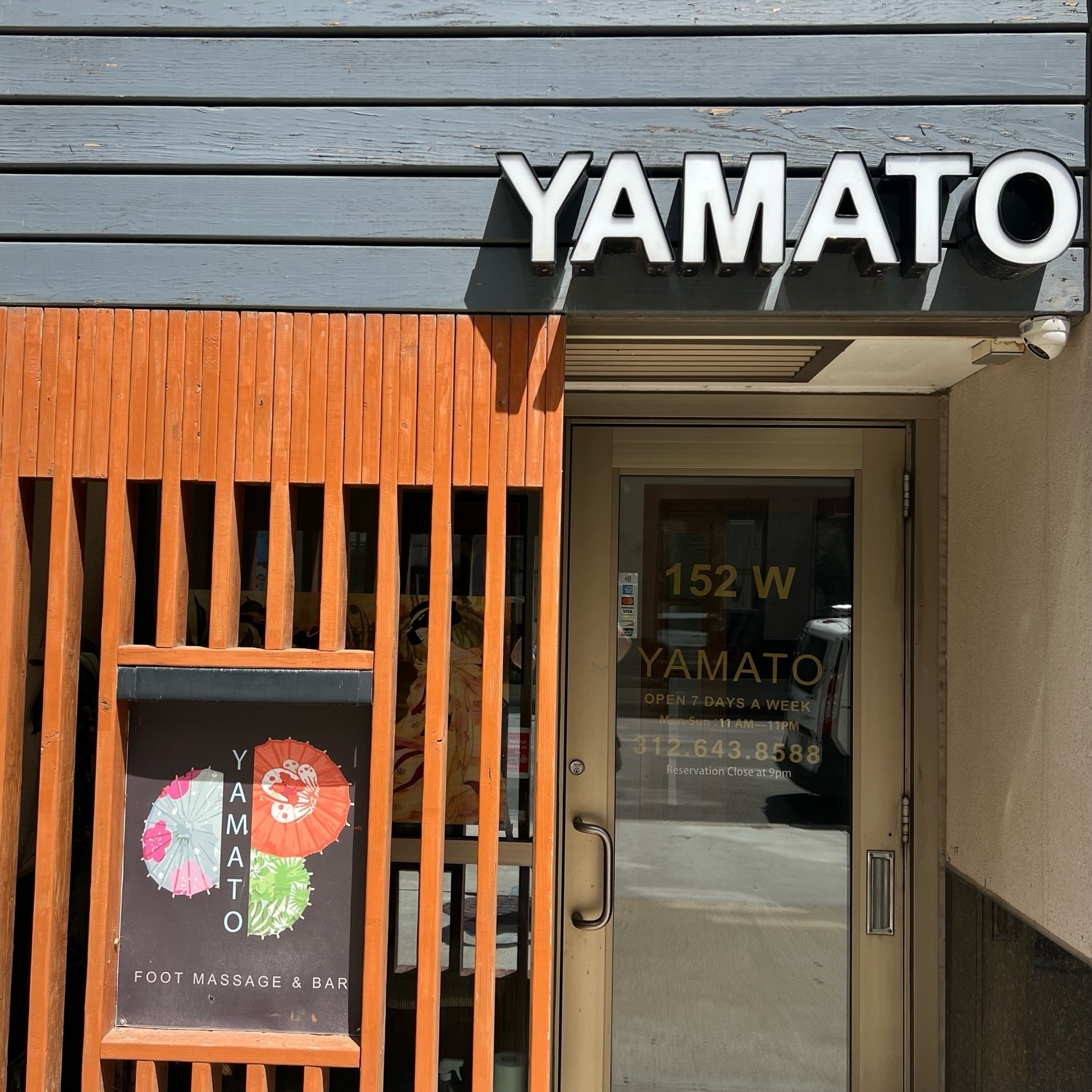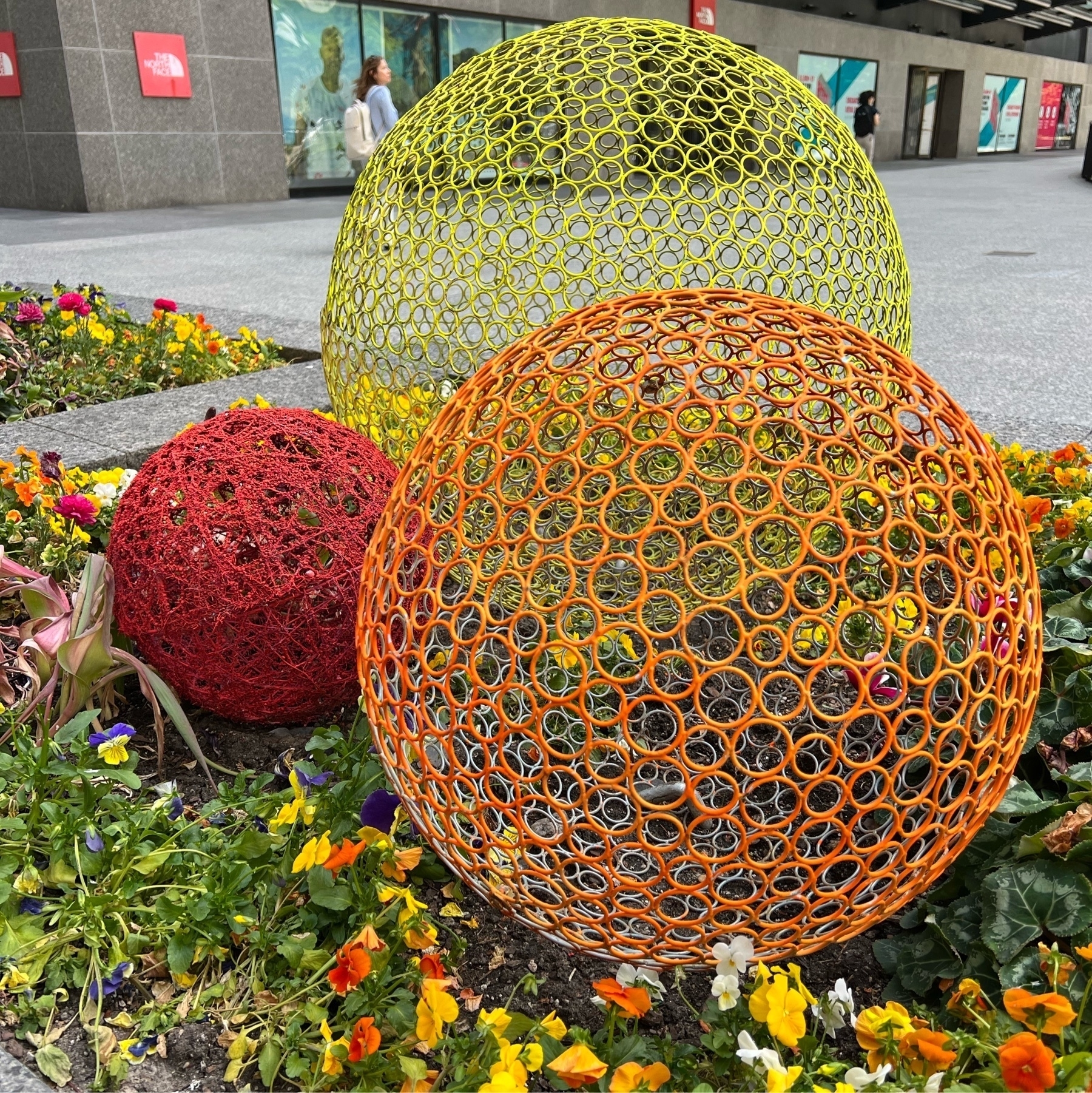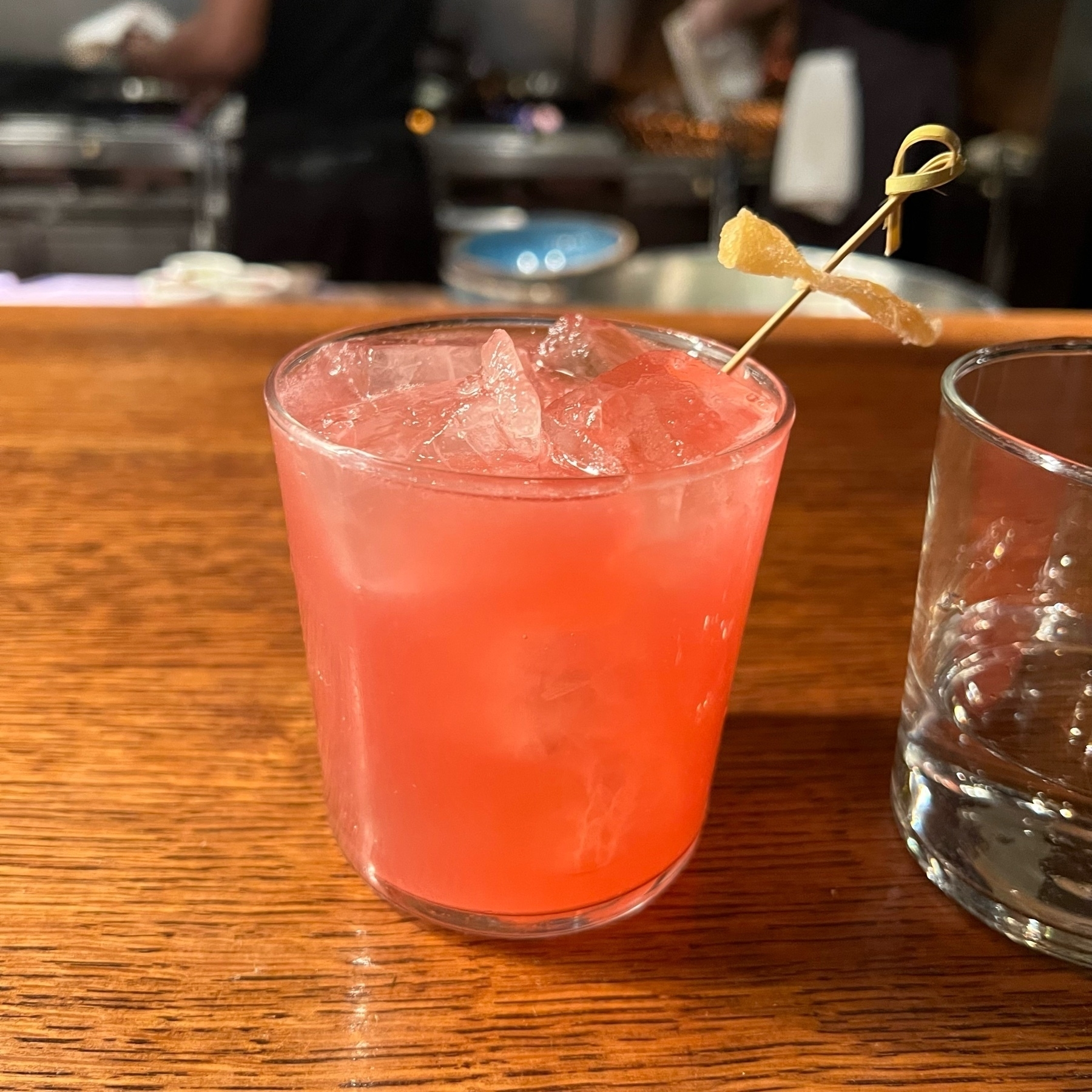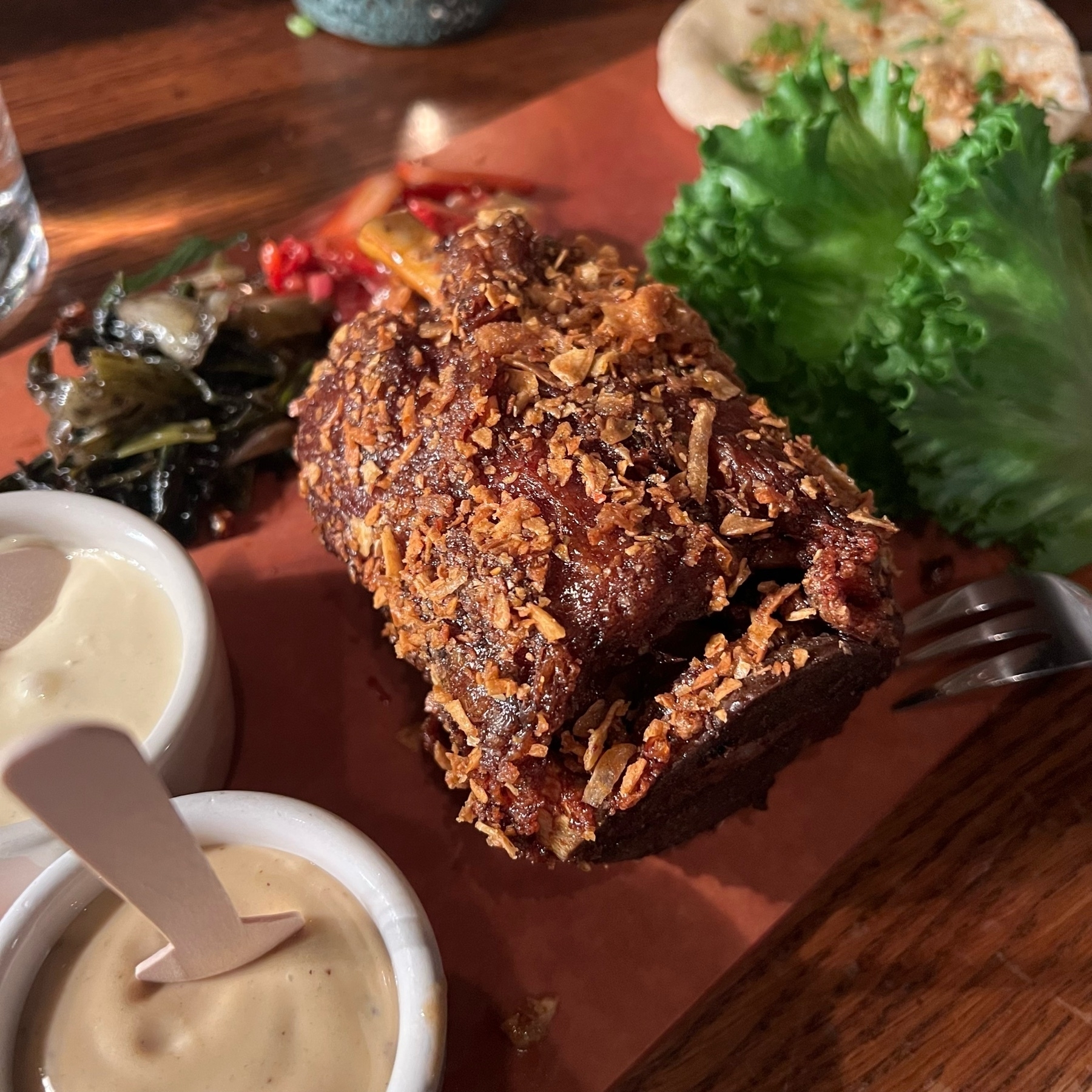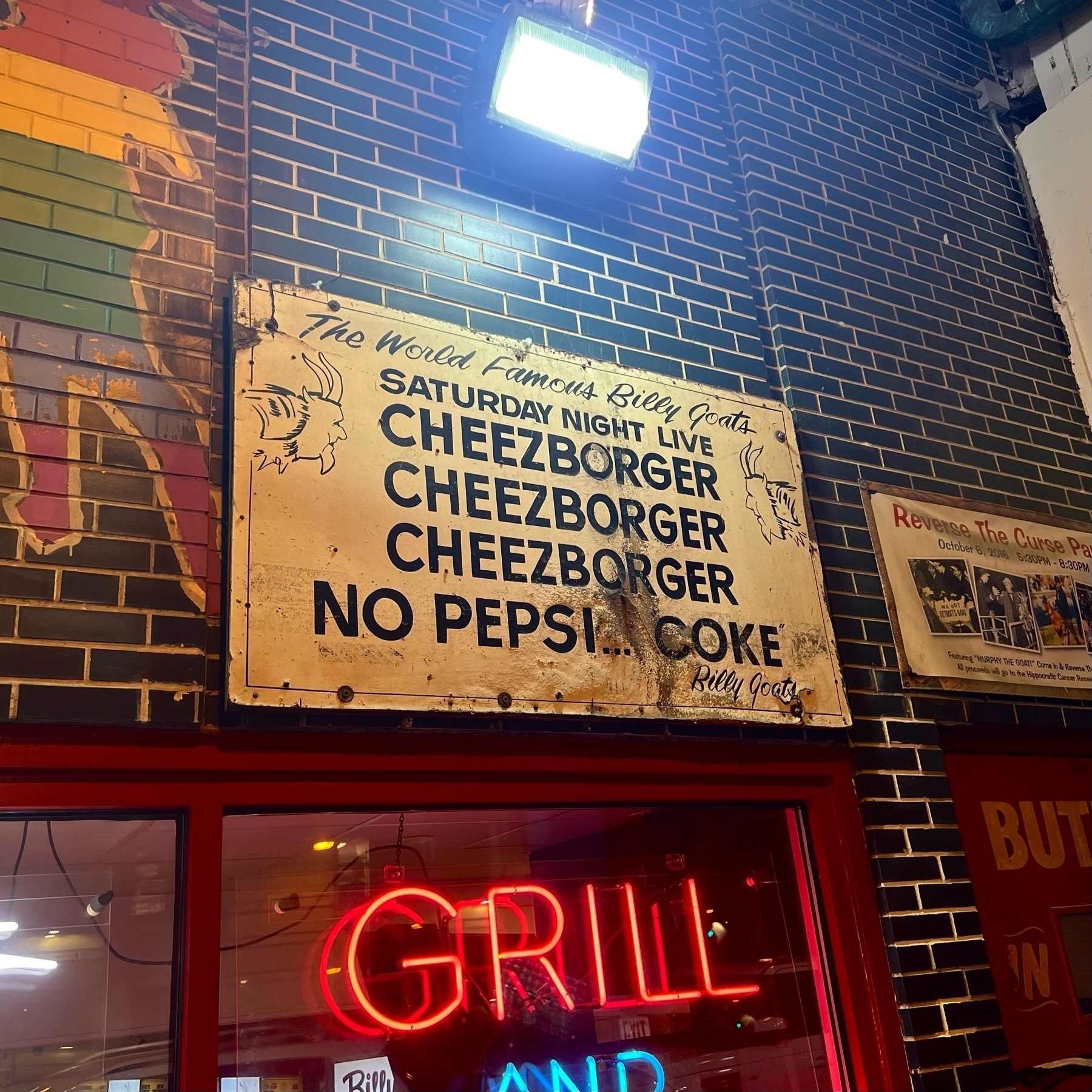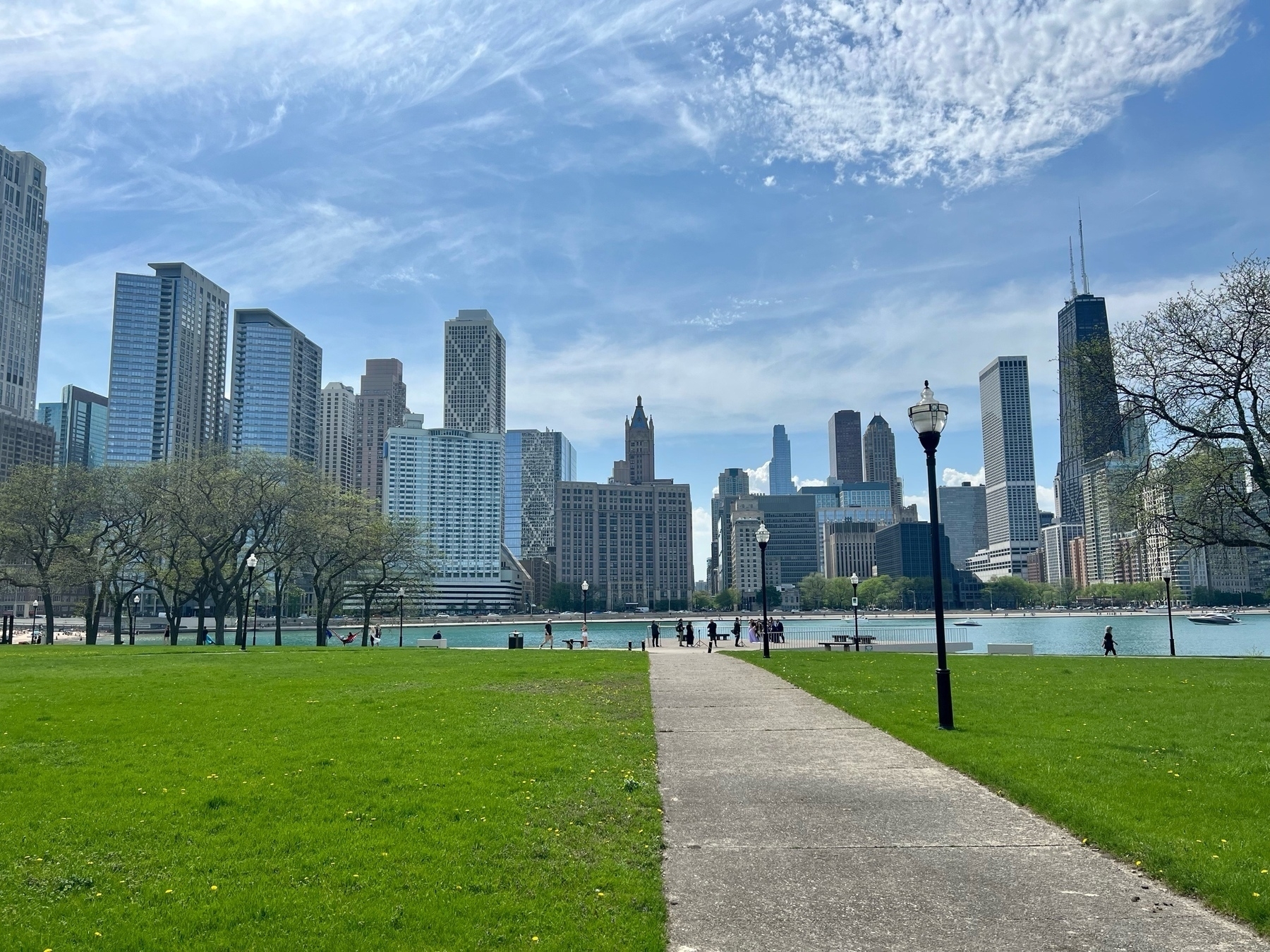
Small thing, but being laid up in the hospital did not mean I could catch up on reading. Even once recovering from surgery, I just couldn’t focus for more than 10 or so minutes on anything. I have never had my body so thoroughly shut down my mind. It wasn’t like I was sleeping either. And while time did pass slowly, it wasn’t the slowest time I’ve ever experienced.
We always say that healing takes work, and I’ve always thought I believed and respected that. I understand it on a completely different level now.
Day two out of the hospital, I was able to complete the delightfully nuts Station Eternity by Mur Lafferty and move on to the next one.
I’m sorry I’ll always associate this book with waiting at urgent care who said I could go to the ER to be certain, or go home and try and get a follow up with my PCP the next day (provided nothing got worse). Then the first ER where I wanted to be treated that had a 10 hour wait. Then the next ER when I was seen after an hour, was quickly told I almost certainly had appendicitis and it was a really good thing I showed up at the ER that night. Within another hour I had a CT scan, which, was a horrible experience (the X-ray contrast caused me to immediate convulse, gag, and vomit up bile into my mask, thankfully the only contents of my stomach since I hadn’t had an appetite for a day), and developed a temperature, both confirming the diagnosts. A 3 am transfer to another hospital where I could have the appendix removed. That unbelievable day of fever and pain while I waited for a 3pm surgery since I was unscheduled. Waking up, being told almost nothing, and feeling like my teeth were going to shatter I was shivering so severely because of how cold I felt. Carted back up to my room about 20 mins later and finally getting placed under warm blankets. Waking up some amount of time later (I have no idea how long the surgery took or when I finally woke all the way back up) and learned my appendix had been “perforated”— which I know means hole, but for some reason everyone said perforated or maybe “ruptured” but never “burst”— which is just great. My fever spiking to 102 at 5am and my only knowing that because I read the machine and not because the nurse told me. And another day and a half in the hospital in a ton of pain, but somehow, slowly getting better. Wanting to avoid withdrawal symptoms, I nearly always refused painkillers. I took oxy exactly twice— once the night when I came into the hospital from the ER when the pain was unbearable and I couldn’t sleep, and once after the surgery while my shivering made everything hurt. I haven’t taken once since I’ve been home and I doubt I will. But I should have taken a lot more oxy.
These last few months I’ve been as physically active as any time in my life— consistently lifting weights 3x a week, playing volleyball at least 3x most weeks as well, and trying to get in a good amount of walking every day. I had two trips planned before moving to Mexico for a couple of months this winter. I wanted to spend my time in Mexico doing a lot of barbell strength training to really bulk up on top of what is probably the best muscle base I’ve had at any point in my life.
Those trips are gone. We’re still going to Mexico, I hope, since I was cleared to fly after 4 weeks provided my recovery goes well. But instead of entering elevation at the peak of my physical fitness, I will come just barely recovered from the most physically traumatic experience I have ever had. Instead of bulking, I’ll be very cautiously and slowly reintroducing any form of resistance training— even if everyone says I’m fully recovered, am I really going to trust my body so quickly again? I’m going to be doing a lot of mental work alongside that physical work.
Modern medicine is a marvel. I’m not sure how anyone handled this without excellent general anesthesia, powerful intravenous antibiotics, and intravenous fluids. Without laparoscopic surgical techniques, which still left me with a nearly 8 inch incision, I can only imagine the pain and trauma. And although before and for at least 24 hours after, I could barely imagine recovering in a reasonable amount of time, 72 hours after surgery I’m doing pretty well. I can listen to a podcast again. I can read again. I could write this post. I can walk around the house confidently. I can believe better health is coming again.
I am not grateful for this experience, but I am grateful that until I was 35 I never had so much as a broken bone or a single surgery. I am hopeful, quite against the odds, it will be at least another 35 years before I need another surgery. I am so glad that I was able to recognize I was still feeling worse, and I should just go to the ER, even if I was convinced it was going to be some combination of gas/constipation. I’m not really sure what would have happened if I tried to sleep it off in bed and my appendix had burst at home. I wouldn’t be writing this post today, that’s for sure.
